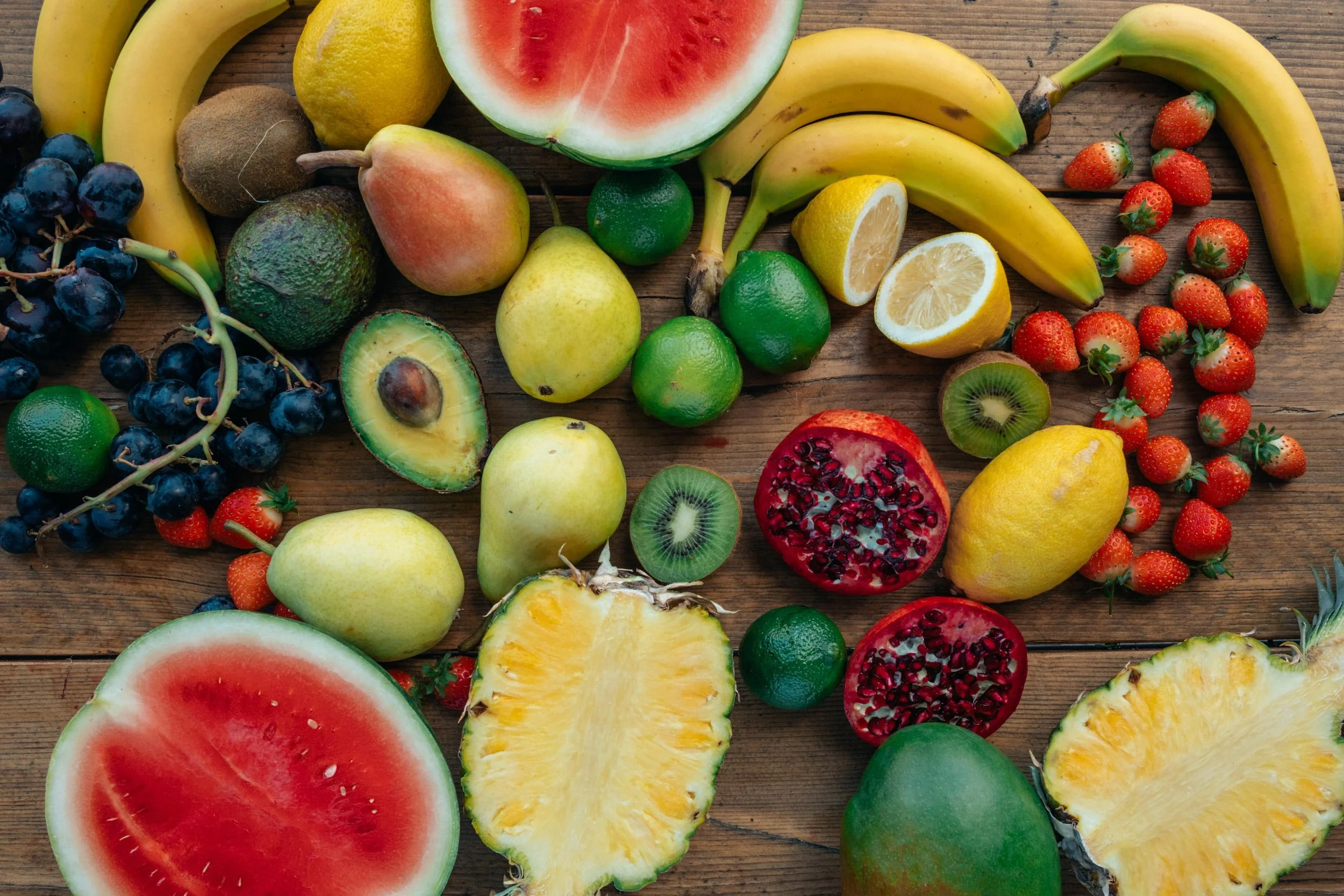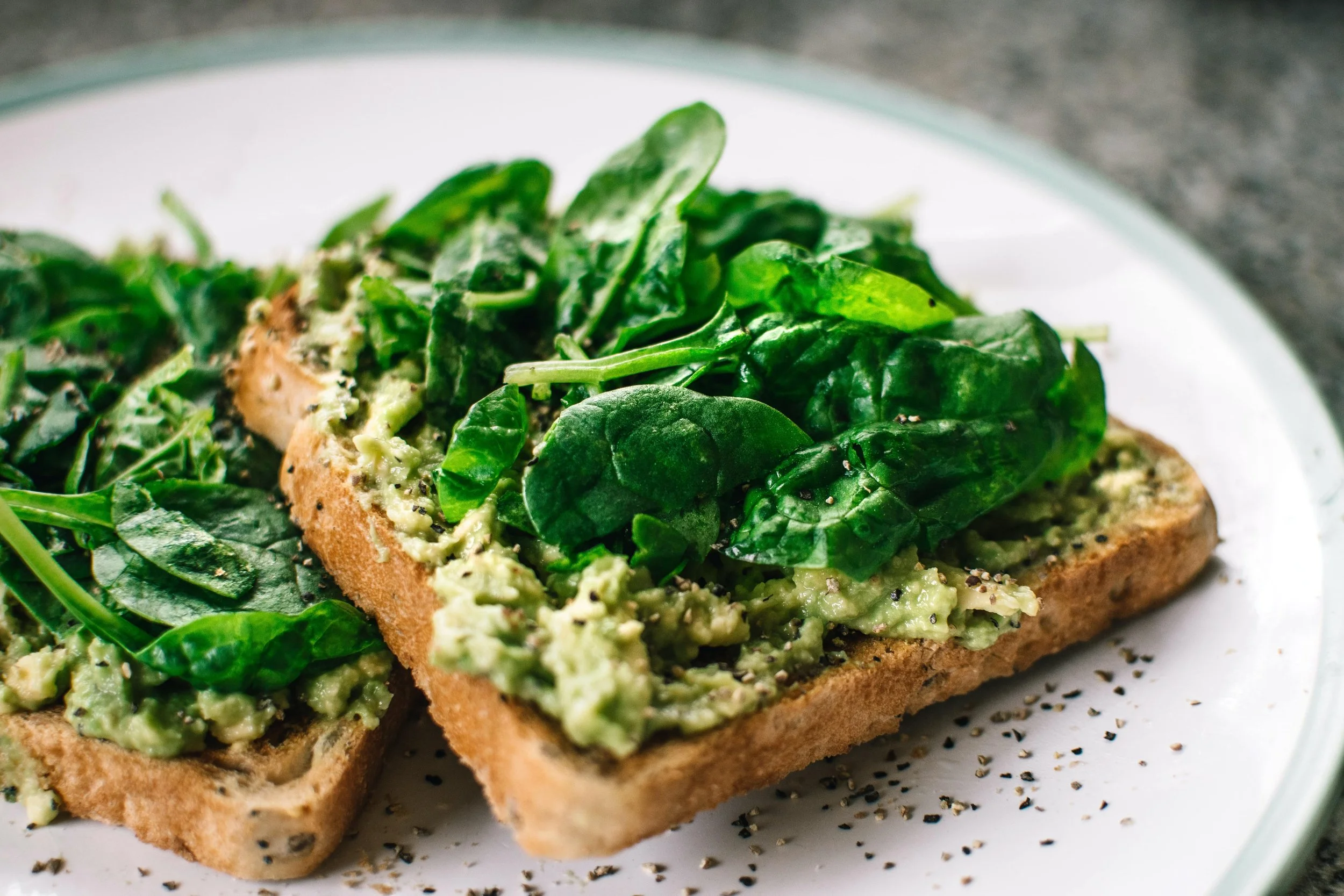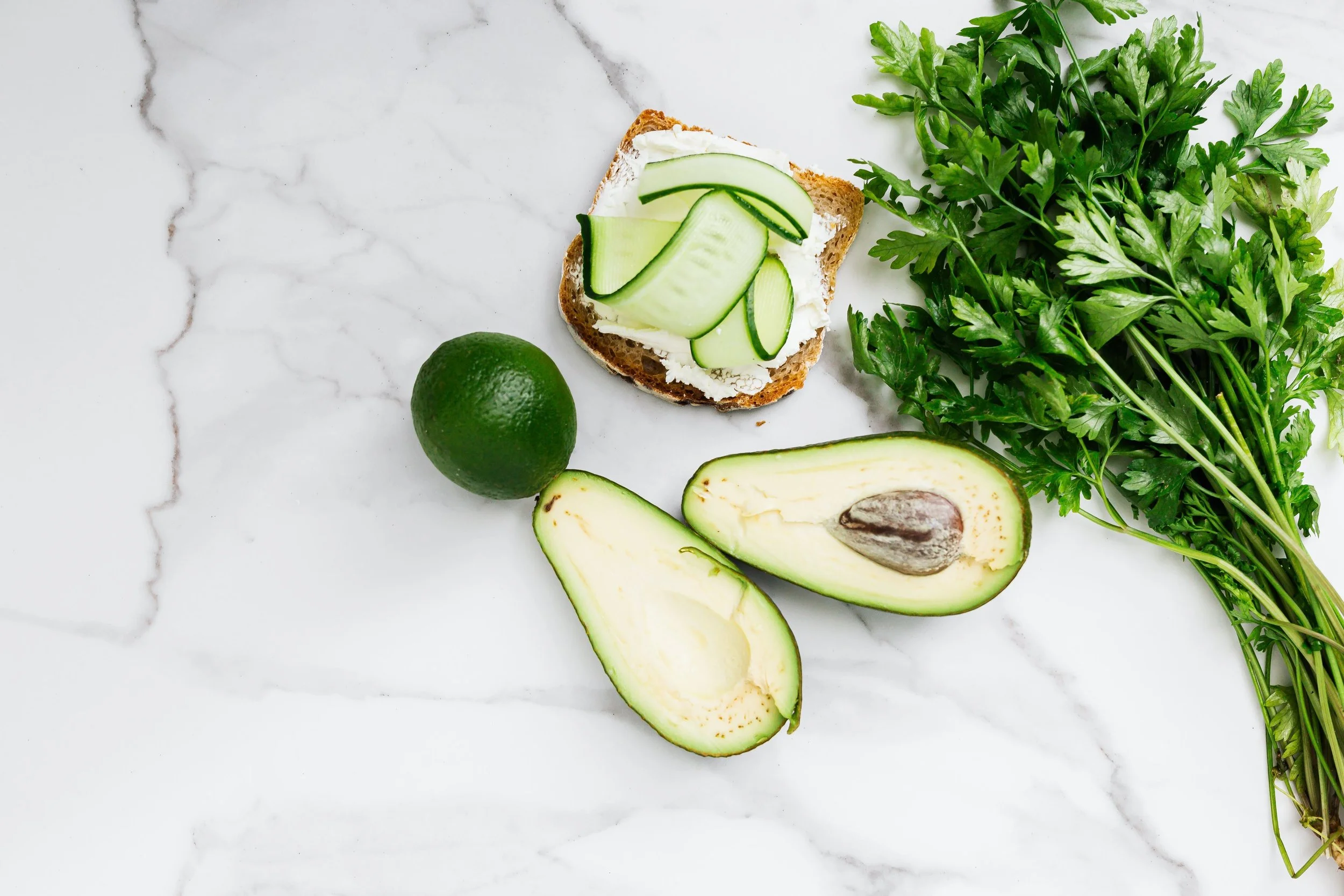Protective Nutrition for Pregnancy After Loss
In this blog, we are going to discuss some nutrition tips that may help to reduce the risk of miscarriage. We will focus on foods, food groups and nutrients that have been associated with a lowered risk of pregnancy loss.
*Before we dive in though, it’s really important to highlight that what you ate (or what you didn’t eat) before or during your previous pregnancy did not cause your loss. Infertility and/or loss are not your fault. Nutrition should only be seen as a positive way to enhance your preconception and pregnancy care.
The decision to try again after experiencing a miscarriage can be a difficult one to make. Fear of another loss can sometimes overpower any feelings of joy or excitement.
When you feel mentally and emotionally ready to try to conceive again (and have medical clearance to do so) you may find it helpful to put in place some supportive strategies to build your confidence.
Nutrition is one such strategy that can be incorporated into your preconception and antenatal care.
Foods and nutrients to reduce miscarriage risk
You have probably been bombarded with all the things pregnant people need to avoid during pregnancy, but what is less frequently discussed is what you can do to support your body.
In a previous blog post we discussed the importance of the ‘first 1000 days’ which includes pre-conception, pregnancy and early infancy, and the role nutrition plays. Implementing some simple protective nutritional advice in the early stages may help to reduce the risk of downstream complications for both mum and bub/s.
Protective foods to focus on during the preconception and pregnancy stages include the following.
A variety of fruit & vegetables
Increased fruit and vegetable consumption is associated with a reduced risk of pregnancy loss.
In one study, females who consumed more than 14 servings of green vegetables per week had reduced risk of miscarriage. Females consuming more than 14 serves of fruit per week had similar results.
Another study indicated that eating fresh fruit and vegetables on most days or daily was associated with a halving in the risk of miscarriage.
The key tips emerging from this research are to (1) eat a green vegetable and 2 pieces of fruit daily, and (2) across the week aim to consume a variety of fruit and vegetables. By including a variety of types and colours, you ensure a greater intake of the essential vitamins and minerals needed to support conception and pregnancy.
Folate and folic acid in diet and supplementation
The importance of folate intake prior to conception is something that you may already be familiar with - this is commonly known as being protective against a type of birth defect known as neural tube defects. What you might not know is that other research has also found a link between folic acid or folate intake and a reduced risk of pregnancy loss.
By both increasing folate intake from food and by increasing the amount of folate supplemented, in one study there was an associated reduced risk of miscarriage by 10% and 20% respectively.
In Australia, the RDI (recommended daily intake) for folate during pregnancy is 600 micrograms, however, your needs may be much greater than this if you meet certain medical criteria, including if you are diabetic or if you have a BMI over 30. Please discuss this with your healthcare provider if you are concerned, it’s important to adjust your supplement plan to meet your unique needs.
While folate or folic acid is routinely recommended as a supplement for pregnancy and it is found in most prenatal vitamins, there are also many good food sources to help support your intake. These include:
legumes e.g. lentils, chickpeas, black beans, kidney beans
asparagus
broccoli
green leafy vegetables
eggs
oranges
nuts and seeds
Vitamin B3 (Niacin)
Vitamin B3 deficiency has been linked to a higher incidence of miscarriage and foetal abnormalities, and supplementation may be protective. Research in this area is continuing but an adequate intake of niacin may help with healthy brain development in your baby and reduce the risk of birth defects and pregnancy loss.
Niacin-containing foods include meat, fish and poultry as well as eggs, milk, cereals, wholegrains and nuts. You can also check that your prenatal multivitamin contains an adequate amount of vitamin B3.
Vitamin D
Vitamin D plays a significant role in both the preconception and pregnancy stages, it’s actually pretty incredible. In fact, we’ve written a whole blog post just about vitamin D and fertility here. With regards to reducing the risk of pregnancy loss, recent research has shown an association between optimal vitamin D levels and a reduced miscarriage risk.
What is really important to know is that vitamin D deficiency is typically diagnosed when you have a level of less than 50nmol/L on your blood test. However, the optimal level for reducing the risk of pregnancy loss appears to be having a vitamin D level 75nmol/L or higher, based on the recent research. So, you will need to pay attention to your blood test results.
We primarily get our vitamin D from sunlight, although a few foods including eggs and oily fish do have some vitamin D. If you are deficient, a supplement is usually required, and should be personally prescribed to suit your needs.
Dairy products
Dairy gets so much criticism, yet consumption of dairy products during pregnancy (like milk and cheese) have shown a protective association against miscarriage. This is most likely due to the increased intake of essential vitamins (such as vitamin A and B group vitamins) and calcium that are found in healthy amounts in dairy products. Just make sure that the dairy products you choose have been pasteurised to ensure they are safe for consumption during pregnancy.
How much dairy should you consume? A guideline amount is 2 to 3 serves per day. Examples of one serve are one cup (250mL) of milk, 2 thin slices (40g) of cheese or about 3/4 cup of yoghurt.
Fish intake
In the same study referenced above, consumption of fish was also associated with a lower risk of miscarriage. Fish is a great source of lean protein and essential nutrients for pregnancy including iodine, zinc and selenium. Oily fish such as salmon and sardines are also high in omega-3 fatty acids, which are essential for your baby’s brain development and may also help to reduce the risk of pregnancy complications including preterm birth and low infant birth weight.
You may feel nervous about consuming fish because you have heard there are risks associated with mercury in seafood. You can limit this risk by consuming only low mercury fish and varying your protein intake - have fish two to three times a week. Learn more about low mercury seafood for pregnancy in my blog post here. Fish including salmon, anchovies, herring and trout are a great source of omega-3 as well as containing only low levels of mercury!
Eggs
Eggs are an excellent food choice during preconception and pregnancy as they are nutrient dense and are a great source of protein, choline, B vitamins, vitamins A and D as well as folate and iron. Regularly consuming eggs has also been associated with a reduced risk of pregnancy loss.
While pregnant, eggs should only be consumed if they have been fully cooked, or the internal temperature has reached 71 degrees celsius (set white, firm yolk). Undercooked or raw eggs potentially contain harmful bacteria like salmonella, which can cause food poisoning and is more common in pregnancy as a result of a weakened immune system. So, if you’re pregnant, best wait until bub is born to enjoy an eggs benedict from the local cafe.
Choline
Recent studies have highlighted the importance of adequate choline intake during pregnancy. As an essential nutrient it plays a key role in metabolic and physiologic processes throughout our body.
The requirement for choline increases in pregnancy to support rapid cell division, growth and myelination. Research suggests that increasing our choline intake may have beneficial impacts on pregnancy outcomes, including a reduced rate of neural tube defects, improved function of the placenta and improved cognitive processes during infancy and early childhood.
Food sources of choline include eggs (another great reason to eat them!), beef, chicken and fish as well as nuts, legumes, cruciferous vegetables (e.g. broccoli, cauliflower, brussels sprouts) and milk.
Key nutrition tips to reduce the risk of pregnancy loss
Eat fruit and vegetables daily! Mix it up to keep it interesting, but do try to include green vegetables very regularly.
Eat folate containing foods (legumes, dark leafy vegetables, eggs).
Check your folate, vitamin B12 and vitamin D levels (by blood test) prior to pregnancy and ensure they are within an optimal range.
Make sure your prenatal vitamin includes the right amount of Folate or Folic Acid for your needs.
Make sure your prenatal vitamin includes an amount of Vitamin B3, Choline and Vitamin D that is appropriate for your needs.
If you choose to, eat dairy products.
If you choose to, eat fish (stick with low mercury choices, high in omega 3, and enjoy 2-3 times per week).
If you choose to, eat eggs (psst well cooked during pregnancy!).
It is important to note that food is not just fuel and while pregnant, symptoms of nausea, insomnia and exhaustion can make eating a healthy diet difficult. Please know, that not every day has to be ‘perfect.’ The aim of this article has been to provide a positive message and instead of focusing on all the things you need to avoid, highlight some of the things you can include and focus on!
Pregnancy after loss often comes with a new set of emotions as you simultaneously process the joy and the anxiety of what’s happening. Building a strong and protective preconception nutrition plan can help you manage this process. Book a complimentary 15 minute discovery call to discuss how we can build a tailored plan suited to your needs.
This article was co-authored by student nutritionist and our wonderful nutrition intern, Sarah Doust.






